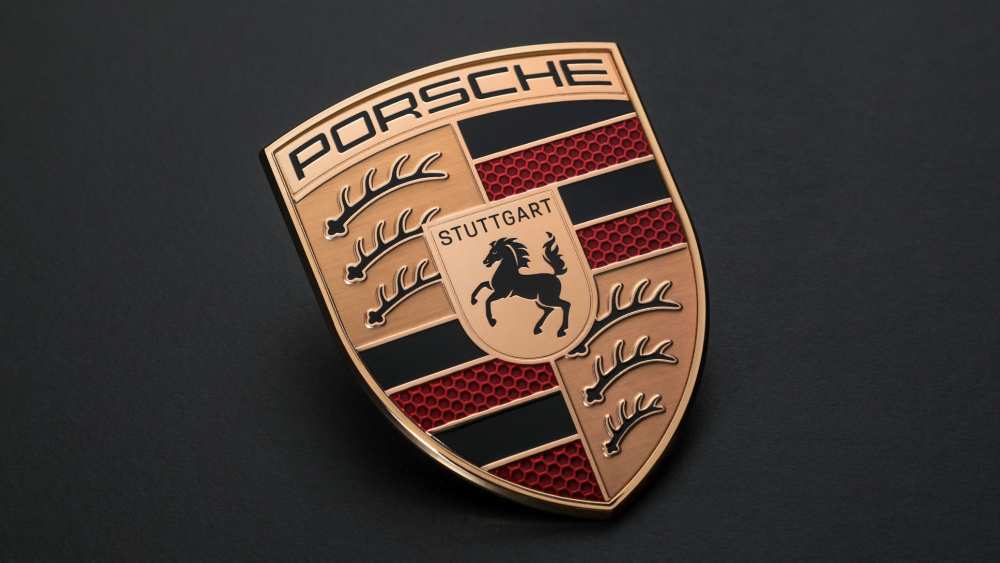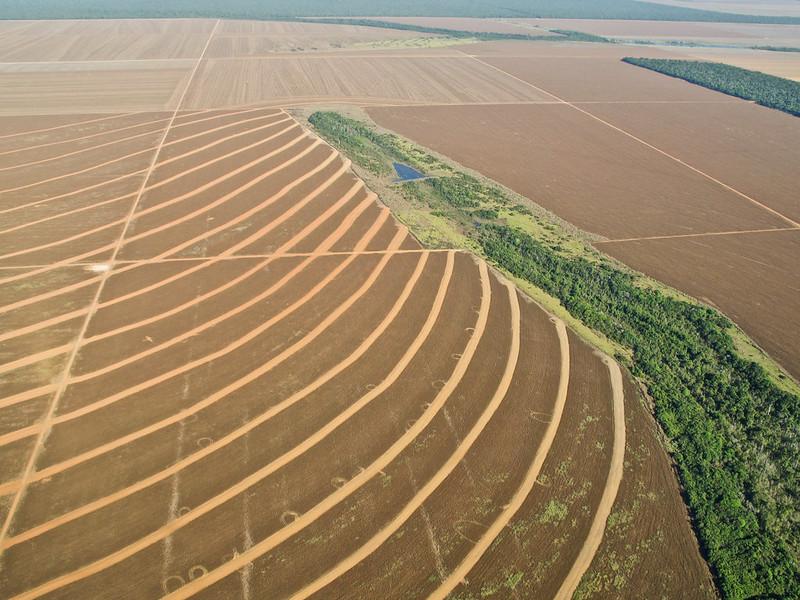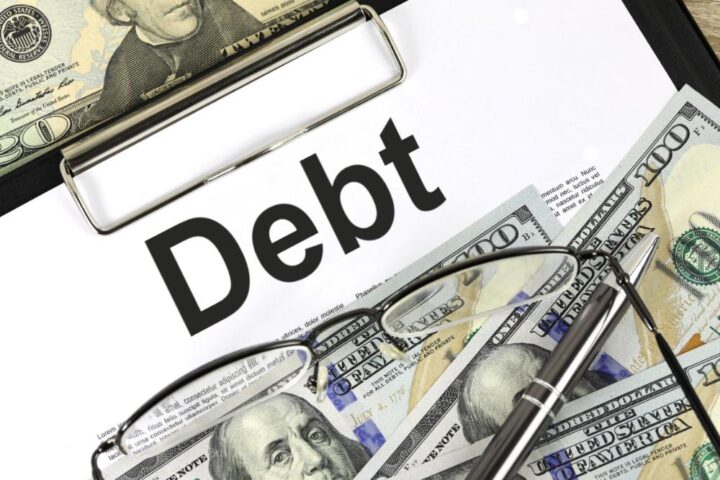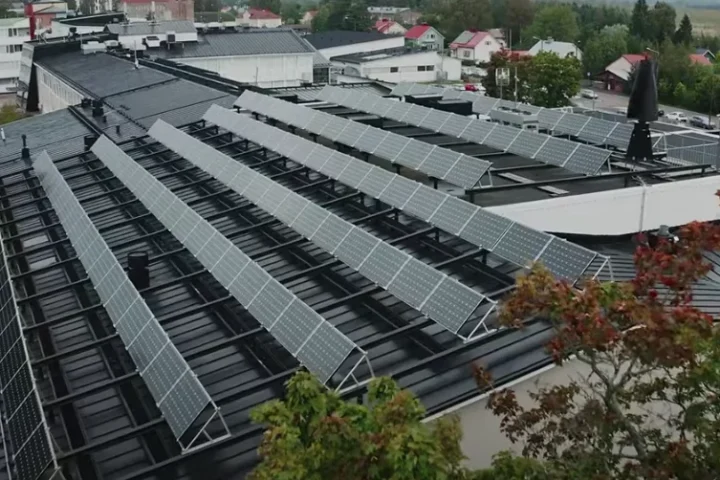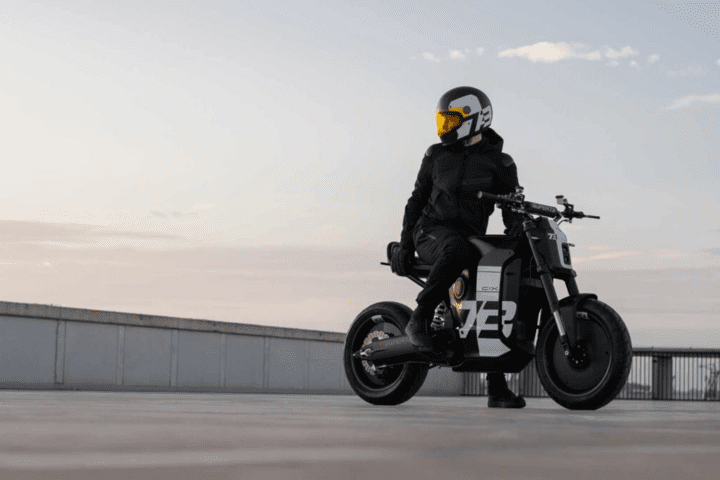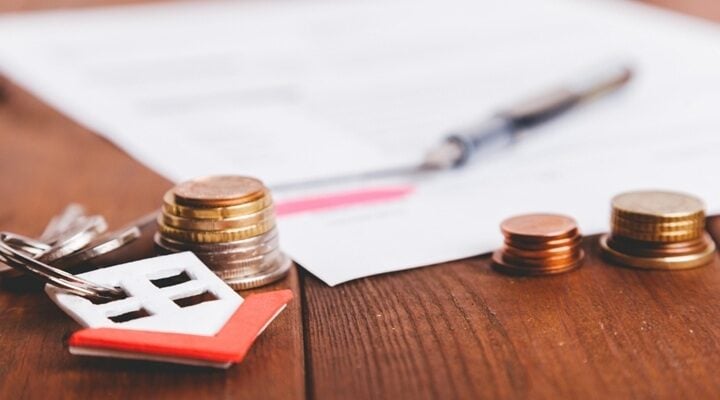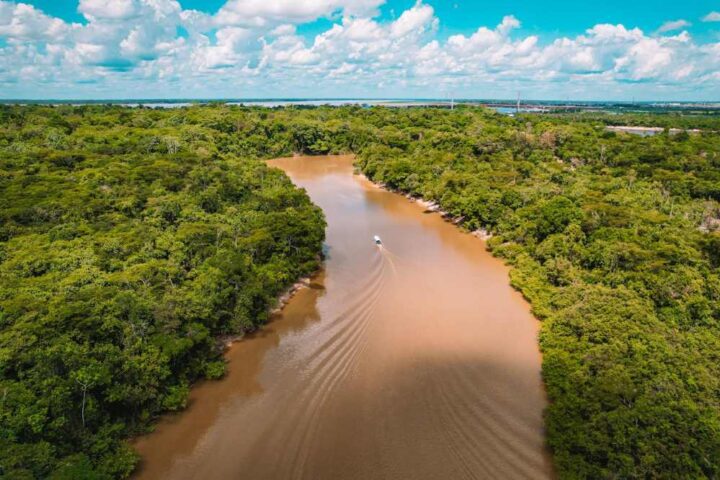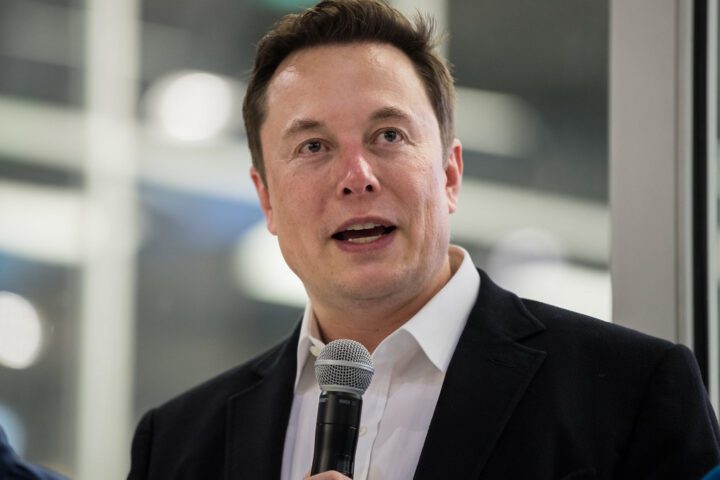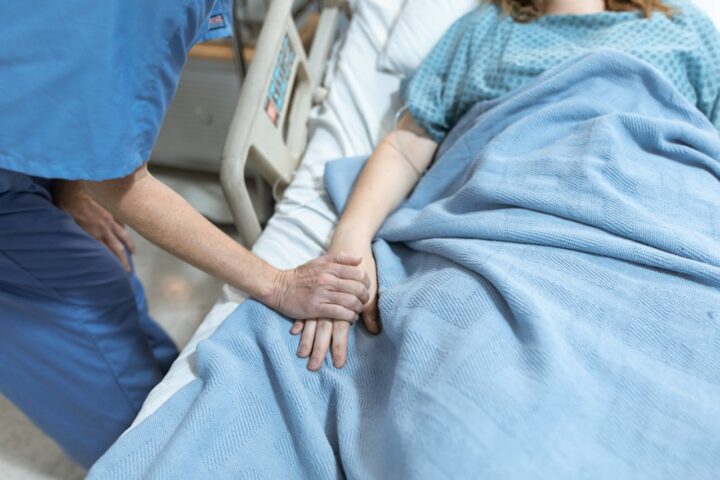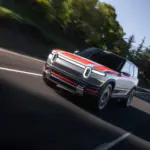Porsche has officially ended plans to make its own high-performance battery cells at its Cellforce subsidiary. The German carmaker points to slower electric vehicle sales and tough market conditions in the US and China as key reasons for the change.
“For volume reasons and a lack of economies of scale, Porsche is no longer pursuing its own production of battery cells,” said Oliver Blume, who leads both Porsche and parent company Volkswagen. “Electric mobility will remain essential for our sports cars in the future.”
This decision will affect about 200 of the nearly 300 workers at the Kirchentellinsfurt facility near Stuttgart. Porsche promises to handle job cuts “socially responsibly,” with Volkswagen’s battery unit PowerCo offering to introduce affected employees to job opportunities at its sites.
Michael Steiner, Porsche’s head of research and development, explained why the company changed course: “The market for electric vehicles worldwide has not developed as originally thought. The framework conditions have changed fundamentally.”
Similar Posts
When Porsche built the factory in 2022, it planned to start with small-scale production of about 1 GWh and later expand at another location. This approach no longer makes financial sense because the company can’t produce enough batteries to reach cost-effective levels.
Despite this setback, Porsche still believes in electric cars. In Europe, 57% of Porsches delivered in the first half of 2025 had electric or hybrid power – higher than the company’s initial targets. Worldwide, 36% of Porsche vehicles were electrified during this period.
The changes reach beyond just Cellforce. Swedish battery maker Northvolt, which was supposed to supply cells for Porsche’s upcoming 718 electric sports car, has gone bankrupt. Porsche has also reportedly ended its contract with Finnish supplier Valmet Automotive, which had built a special factory to assemble battery packs.
As a result, the electric versions of the Porsche Cayman and Boxster, originally planned for this year, won’t arrive until 2027 at the earliest.
Instead of making batteries, Porsche will now focus Cellforce on research and development. The company will keep using knowledge gained through Cellforce and its V4Smart technology, which it acquired from Varta earlier in 2025.
This move highlights broader challenges for European carmakers trying to build their own battery supply chains to compete with Asian manufacturers. Porsche now plans to continue offering a mix of gas-powered, hybrid, and fully electric vehicles across its lineup well into the 2030s.
